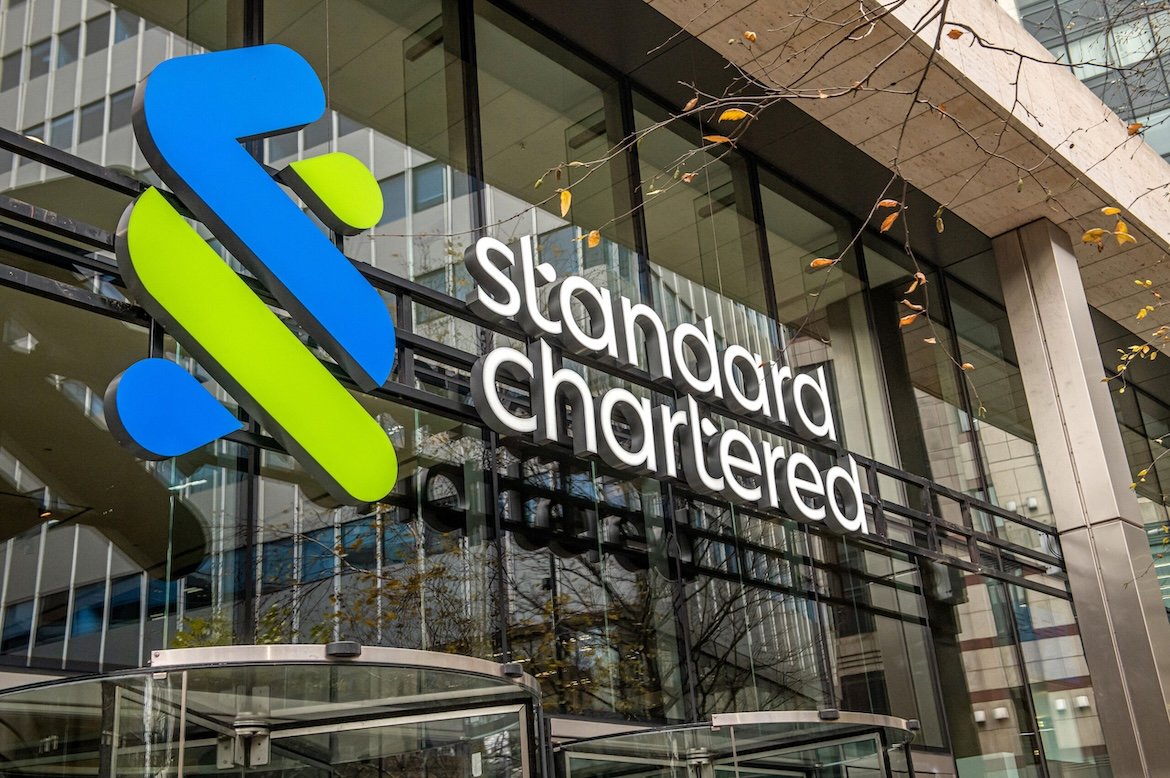
Standard Chartered’s innovation and venture building unit, SC Ventures, is preparing to raise about $250 million for a new digital asset fund it expects to launch in 2026.
The bank has already signaled that some capital will come from investors in the Middle East. The move reflects growing interest in digital assets among global financial institutions and underscores SC Ventures’ push to lead in fintech-driven finance models.
The fund will focus on investments in digital assets broadly, especially in opportunities tied to the financial services sector. SC Ventures, which was established in 2018, has been incubating disruptive technologies and business models. This new fund adds to its growing portfolio of initiatives aimed at combining financial services with emerging tech.
Drivers of the New Fund Strategy
Part of SC Ventures’ motivation appears to be demand from high-net-worth and institutional investors in the Middle East, who have increasingly sought exposure to digital asset markets. The fund’s global orientation suggests Standard Chartered sees opportunities not just in its traditional banking markets, but also in fintech hubs and emerging digital finance ecosystems.
Another driver is the competitive pressure in financial services to offer new digital solutions, including crypto, tokenisation, and blockchain-enabled services. With fintech and digital assets evolving fast, having a dedicated investment vehicle allows SC Ventures to scale selectively, invest in infrastructure or startups, and partner in building next-generation finance platforms.
Potential Implications for Standard Chartered and the Sector
For Standard Chartered, launching this fund could help it anchor itself more firmly in the digital asset and fintech space, giving it early exposure to technologies that may reshape banking, payments, and capital markets.
It may also open new revenue streams if the investments perform well and if regulatory risk is managed properly. However, such funds carry considerable risk: regulatory uncertainty, volatility in digital asset markets, and competition from both established finance firms and nimble startups.
Broadly in the financial services sector, SC Ventures’ plan may signal that banks in Asia, the Middle East, and beyond are more willing to commit capital to digital asset tools and platforms. It could encourage similar funds or strategic arms at other banks to follow suit, especially in regions where fintech and blockchain regulation is evolving to become more permissive.




